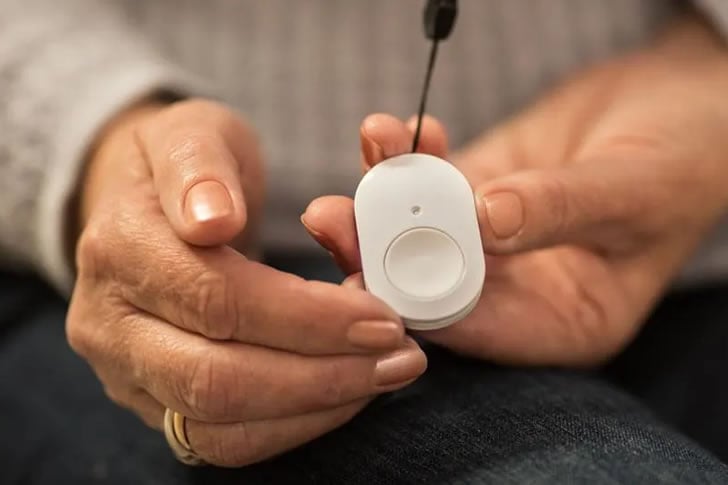Understanding Medicare for Seniors
Medicare is a vital federal health insurance program designed primarily for individuals aged 65 and older. It provides essential coverage for hospital stays, outpatient care, and prescription medications. Here’s how seniors can maximize their Medicare benefits:
Key Components of Medicare
- Medicare Part A (Hospital Insurance)Coverage: Inpatient hospital stays, skilled nursing facility care, hospice, and some home health care.Premium: Most people do not pay a premium for Part A if they or their spouse have paid Medicare taxes for at least ten years.
- Medicare Part B (Medical Insurance)Coverage: Doctor visits, outpatient care, medical supplies, and preventive services.Premium: Part B has a monthly premium, typically deducted from Social Security benefits.
- Medicare Part C (Medicare Advantage)Coverage: Offered by private companies approved by Medicare, combining Parts A and B, often including Part D.Additional Benefits: May include vision, hearing, and dental coverage.
- Medicare Part D (Prescription Drug Coverage)Coverage: Helps cover the cost of prescription drugs.Premium: Plans are offered through private insurers and require an additional premium.
Tips for Maximizing Medicare Benefits
- Annual Review: Medicare plans can change yearly. Review your plan during the Open Enrollment period to ensure it still meets your needs.
- Medigap Policies: Consider Medigap policies to help cover out-of-pocket costs not covered by Medicare.
- Preventive Services: Take advantage of affordable preventive services, such as vaccinations and screenings.
- Assistance Programs: Low-income seniors may qualify for assistance programs to help pay for Medicare premiums, deductibles, and co-payments.
Choosing the Right Medical Alert Devices for Seniors
Medical alert devices provide a crucial safety net for seniors, offering immediate assistance during emergencies. Here’s how to choose the best device:
Types of Medical Alert Devices
- In-Home SystemsDescription: Designed for use within the home, typically including a base unit and a wearable button.Features: Landline or cellular connectivity, 24/7 monitoring, and two-way communication.
- Mobile SystemsDescription: Portable devices that work outside the home, using cellular networks.Features: GPS tracking, fall detection, and two-way communication.
- Smartwatch SystemsDescription: Wearable devices that combine medical alert features with fitness tracking.Features: Heart rate monitoring, GPS, and fall detection.
Factors to Consider When Choosing a Device
- Daily Activities: Consider the senior’s daily activities and mobility. An in-home system may suffice for those who are mostly at home, while active seniors might benefit from a mobile system.
- Health Monitoring: Devices with fall detection or health monitoring features are crucial for seniors with chronic conditions or mobility issues.
- User-Friendly Design: Opt for simpler devices with large buttons and easy-to-use interfaces for those less comfortable with technology.
- Monitoring Services: Ensure the device offers 24/7 monitoring and immediate assistance.
- Cost Comparison: Compare upfront costs, monthly fees, and any additional charges for features like GPS or fall detection.
Integrating Medicare with Medical Alert Devices
Understanding how Medicare interacts with medical alert devices can help seniors manage costs and ensure optimal care.
Medicare Coverage for Medical Alert Devices
- General Coverage: Medicare typically does not cover the cost of medical alert devices.
- Plan Specifics: Some Medicare Advantage plans may offer coverage or discounts on medical alert devices as an extra benefit. Check plan specifics during enrollment.
- Medicaid Assistance: Seniors on Medicaid may have access to state programs that cover or assist with the costs of medical alert systems.
Maximizing Benefits
- Consultation: Speaking with Medicare counselors or insurance providers can clarify what’s covered and available.
- Discounts: Some medical alert companies offer discounts for seniors or those with particular Medicare plans.
Conclusion
Seniors can significantly enhance their safety and quality of life by understanding and optimizing their Medicare benefits and selecting the right medical alert devices. Regularly reviewing Medicare plans, understanding the various medical alert options, and recognizing financial assistance opportunities are crucial steps in achieving comprehensive healthcare and safety.
